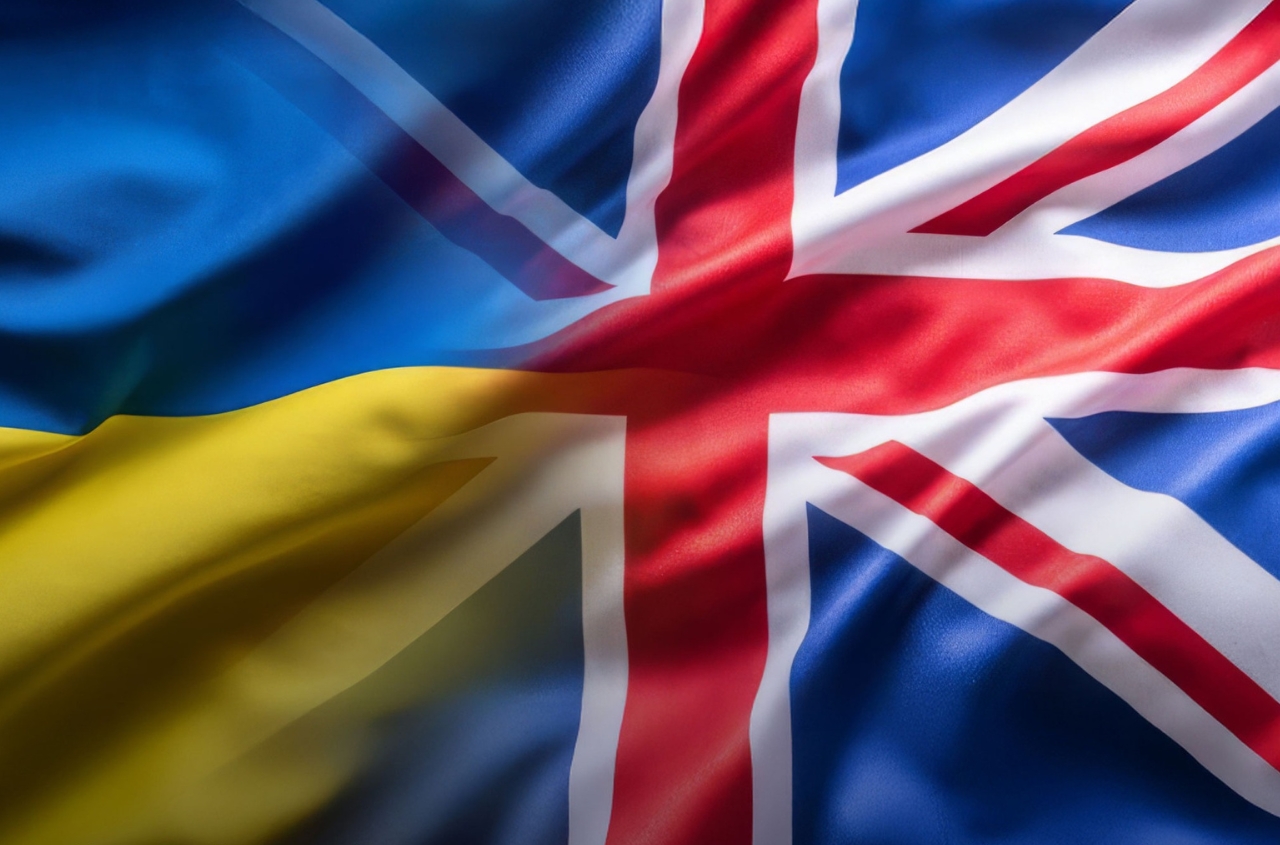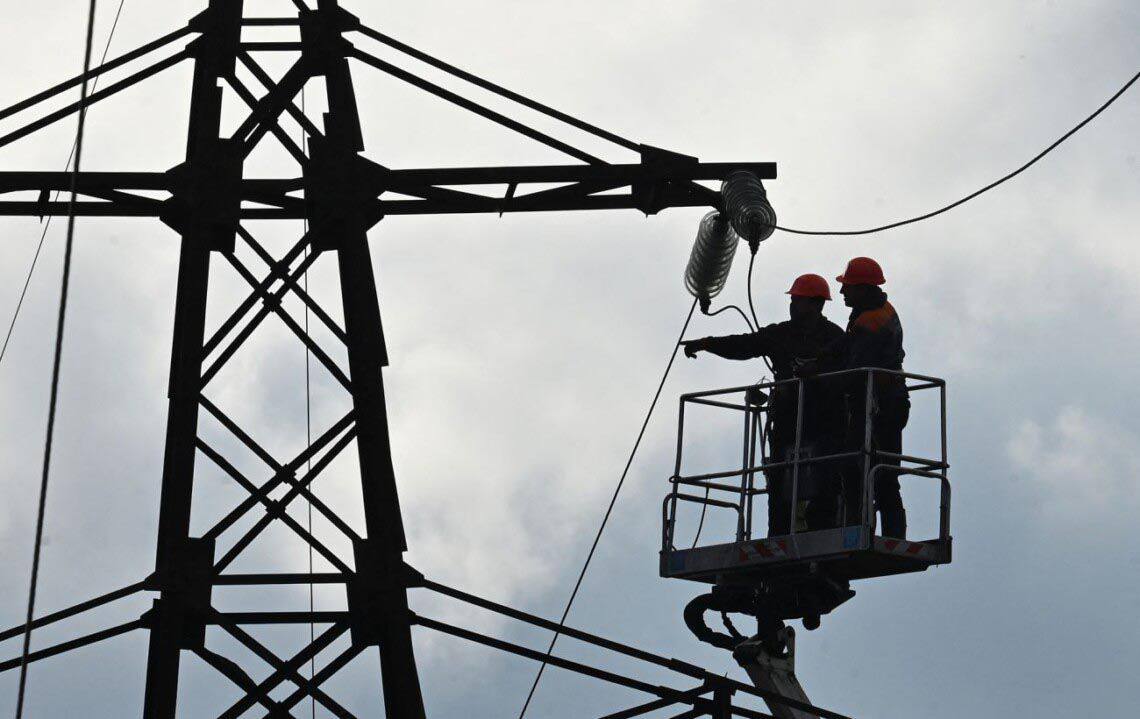Individuals and their descendants who were forcibly resettled between 1944 and 1951 as persons of Ukrainian ethnic origin from territories where the Ukrainian population lived compactly and which at that time were part of the Polish Republic, will be able to receive compensation from the Ukrainian budget. They will also receive a range of rights as deportees, including rights to buildings and other property confiscated due to deportation, reports Judicial and Legal Newspaper (SUD.UA).
This is stipulated by the law No. 4540-IX signed by President Volodymyr Zelensky, which amends the Law “On the Restoration of Rights of Persons Deported on National Grounds” to recognize citizens of Ukraine who were forcibly resettled between 1944 and 1951 from territories with compact Ukrainian populations that were part of the Polish Republic at that time as deportees (notably related to the so-called Operation Vistula or Akcja Wisła).
The relevant bill 2038 was introduced back in September 2019 by Members of Parliament Vyacheslav Rublyov, Oleksandr Tkachenko, and others.
According to their data, this concerns around 700,000 people.
Thus, the Law “On the Restoration of Rights of Persons Deported on National Grounds” will define deportation as the forced resettlement of peoples, national minorities, and persons on national grounds from their permanent places of residence based on decisions made by the authorities of the former USSR, the Soviet republics, and the Polish Republic, including those based on international treaties between the USSR/UkSSR and the Polish Republic in the period 1944-1951.
Ukraine recognizes the deportations of peoples, national minorities, and persons from their permanent residences based on decisions by the authorities of the former USSR, Soviet republics, and the Polish Republic—including those based on international treaties between the USSR/UkSSR and the Polish Republic during 1944-1951—as illegal and criminal acts committed against them, and identifies restoring the rights of Ukrainian citizens among the deported as a priority area for the political, socio-economic, cultural, and spiritual development of society.
Those considered deportees will also include persons who, between 1944 and 1951, were forcibly resettled as persons of Ukrainian ethnic origin (which involved confiscation of property, imposition of special settlement regimes, and restrictions on political, social, economic, and cultural rights) from territories with compact Ukrainian populations that were part of the Polish Republic at that time, based on decisions made by the authorities of the former USSR, Soviet republics, and the Polish Republic, including international treaties between the USSR/UkSSR and the Polish Republic during 1944–1951.
The fact of a person’s deportation is confirmed by the relevant certificate or other documents issued by competent authorities of Ukraine, other states—former Soviet republics, or the Polish Republic.
Article 7 of the Law “On the Restoration of Rights of Persons Deported on National Grounds,” which regulates the procedure and conditions for compensation to deported persons who have returned to live permanently in Ukraine, provides that confiscated buildings and other property resulting from deportation should, if possible (if the house is unoccupied and the property preserved), be returned in kind to the deportee or their heirs. If this is not possible, the applicant is compensated for the value of the buildings and property.
Applications for compensation and property return must be submitted no later than three years from the day the person acquires the status of deportee.
Compensation for the value of buildings and other property confiscated due to deportation to the deportee or their heirs is paid in stages over 5 years after the decision of the authorized body. At least one-fifth of the total amount must be paid in a lump sum. In the event of the deportee’s death after the decision is made, compensation is paid to their heirs.
The return of property or compensation for its value to deportees or their heirs (in the event of their death) is carried out according to procedures established by the Cabinet of Ministers.
Deported persons who, upon return to their permanent residence, were provided with housing built or acquired at the expense of the State Budget of Ukraine or local budgets will not have their originally confiscated housing returned, nor will its value be compensated.
Ukrainian citizens among the deportees who settled in rural areas are provided by the state with free transfer of agricultural land ownership, equal to the land share designated for that locality, from land reserves and reserve funds, if available.
A new Article 7-1 introduces a one-time financial assistance to persons who were forcibly resettled as persons of Ukrainian ethnic origin from territories with compact Ukrainian populations that were part of the Polish Republic between 1944 and 1951.
It stipulates that such persons have the right to a one-time financial assistance payment. In the event of the person’s death, the payment is made to their heirs (spouse, or if none, children) after the relevant decision. The amount, procedure for appointment, and payment of this assistance are determined by the Cabinet of Ministers.
The new law comes into effect six months after its publication.
The Cabinet of Ministers will approve the procedure for appointment and payment of the one-time financial assistance to persons forcibly resettled as persons of Ukrainian ethnic origin from territories with compact Ukrainian populations that were part of the Polish Republic between 1944 and 1951.
As the authors explained, this concerns deportations of autochthonous Ukrainians from Lemkivshchyna, Nadsiannia, Kholmshchyna, Podlasie, Liubachivshchyna, and Western Boykivshchyna between 1944 and 1951.
The deportation in 1944-1951 is one of the tragic consequences of World War II carried out by the communist totalitarian regimes of the Soviet Union and Poland.
For centuries, Ukrainians suffered constant oppression and persecution by colonizers for their faith, language, land, suffering numerous human losses, spiritual and material damage, and repeated forced expulsions.
Official deportations of the Ukrainian population began on September 9, 1944, following the Agreement between the Government of the Ukrainian Soviet Socialist Republic and the Polish Committee of National Liberation "On the Evacuation of the Ukrainian Population from the Territory of the Polish People’s Republic and Polish Citizens from the Territory of the Ukrainian SSR" and the Treaty between the USSR and the Polish People’s Republic "On the Exchange of State Territory Sections" dated February 15, 1951, resulting in the forced resettlement of over 700,000 autochthonous Ukrainians.
The Constitutional Tribunal of the Republic of Poland on December 19, 2002, recognized, and the European Court of Human Rights on June 22, 2004, confirmed that the agreement of September 9, 1944, “On the Evacuation of the Ukrainian Population from the Territory of Poland and Polish Citizens from the Territory of the Ukrainian SSR” had no legal grounds for its signing, and the actions related to its implementation involving forced evacuation were illegal.
The Polish law of July 8, 2005, regulating relations between the state and citizens forcibly resettled under this agreement, uses the term “expulsion,” further confirming that these events are considered deportations.




















